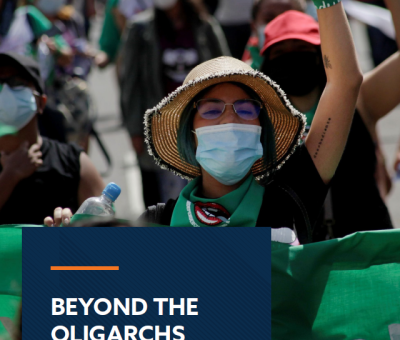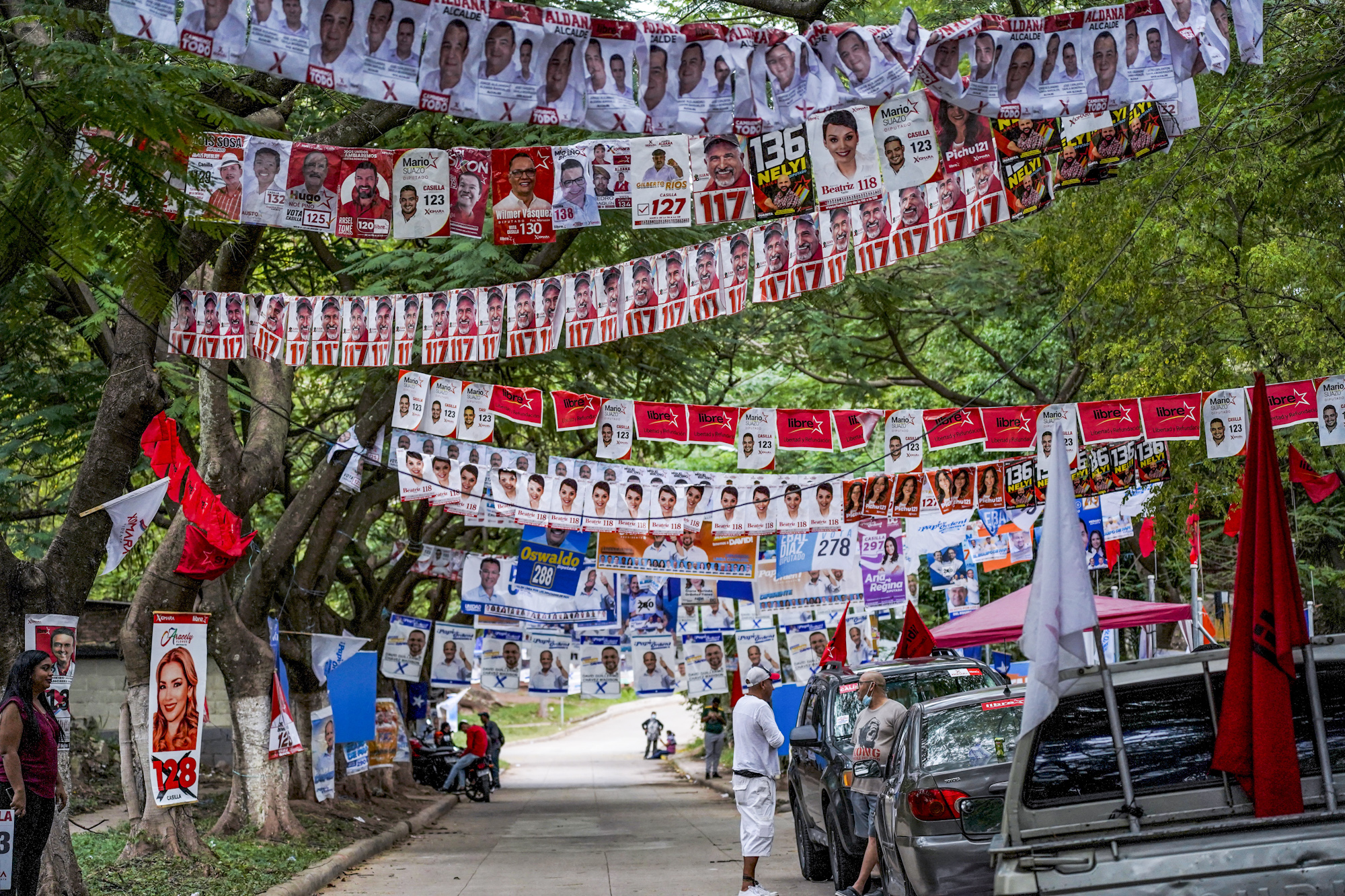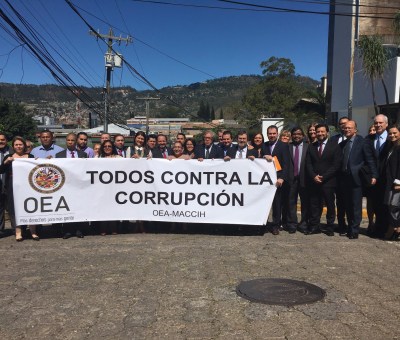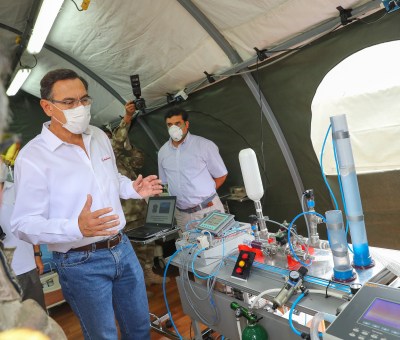
Honduras
Honduras has faced numerous challenges to its democratic development and stability in the decade since this 2009 coup against then-President Manuel Zelaya including corruption, weak institutions, political party fragmentation, polarization, and conflict. IRI seeks to build the capacity of local civil society groups and champions of democracy within government to promote transparency, accountability, and participatory political processes.

For over a decade, Honduras has endured critical challenges to democracy. These challenges are only exacerbated by the country’s weak economy and consequences of its geography – including crime related to its position as a drug transit country and frequent effects of natural disasters.
Civil society organizations (CSOs) are critical partners in Honduras. IRI works to build the capacity of emerging and grassroots CSOs from across the country to work together to advocate for greater government transparency and accountability. Because they are best positioned to advocate for the needs of citizens to local government, these CSOs connect with citizens in their communities and, by working together, elevate citizen priorities to the national level.
IRI works with municipal governments to improve citizen participation in planning processes—such as those for citizen security and violence prevention—including prioritizing political inclusion of marginalized populations like women, youth, and LGBTQI+ citizens. IRI supports local governments to engage citizens and the private sector for local economic development initiatives, such as establishing Municipal Offices of Local Economic Development. IRI’s programs have successfully improved two-way communications between citizens, civil society, and local government through work with Municipal Violence Prevention Councils to implement Deliberative Democracy principles.
As a result of IRI’s programs, the majority of municipal officials trained—including IRI’s partner municipality of Omoa, Honduras—continued to sustainably implement practices to increase transparency, accountability, and responsiveness of local violence prevention programs to citizen needs more than one year after the program ended. This includes annual surveys and other frequent data collection efforts to collect citizen inputs, use of design thinking as a problem-solving approach, and increased openness of the municipal governments to citizen inputs and increased interaction with citizens on a day-to-day basis.
Latest News & Resources


Civil Society is Vital to Fighting Corruption in H…
On November 28, 2021, Hondurans will head to the polls to elect their next president, 128 deputies to the National…

Latin American Democracies Need Our Help Fighting …
Under pressure from the COVID-19 pandemic, Latin America’s democracies require assistance coordinating internal efforts, maintaining accountability and safeguarding fundamental freedoms.…

In the Fight Against COVID-19, Latin America Must …
The impact of the COVID-19 pandemic is just beginning to be felt in Latin America and is exacerbating underlying institutional…
Our Experts

Jorge
Ceballos
Program Director, El Salvador
